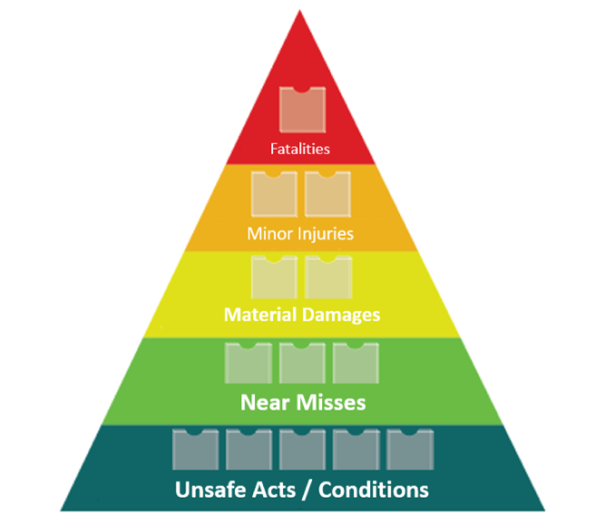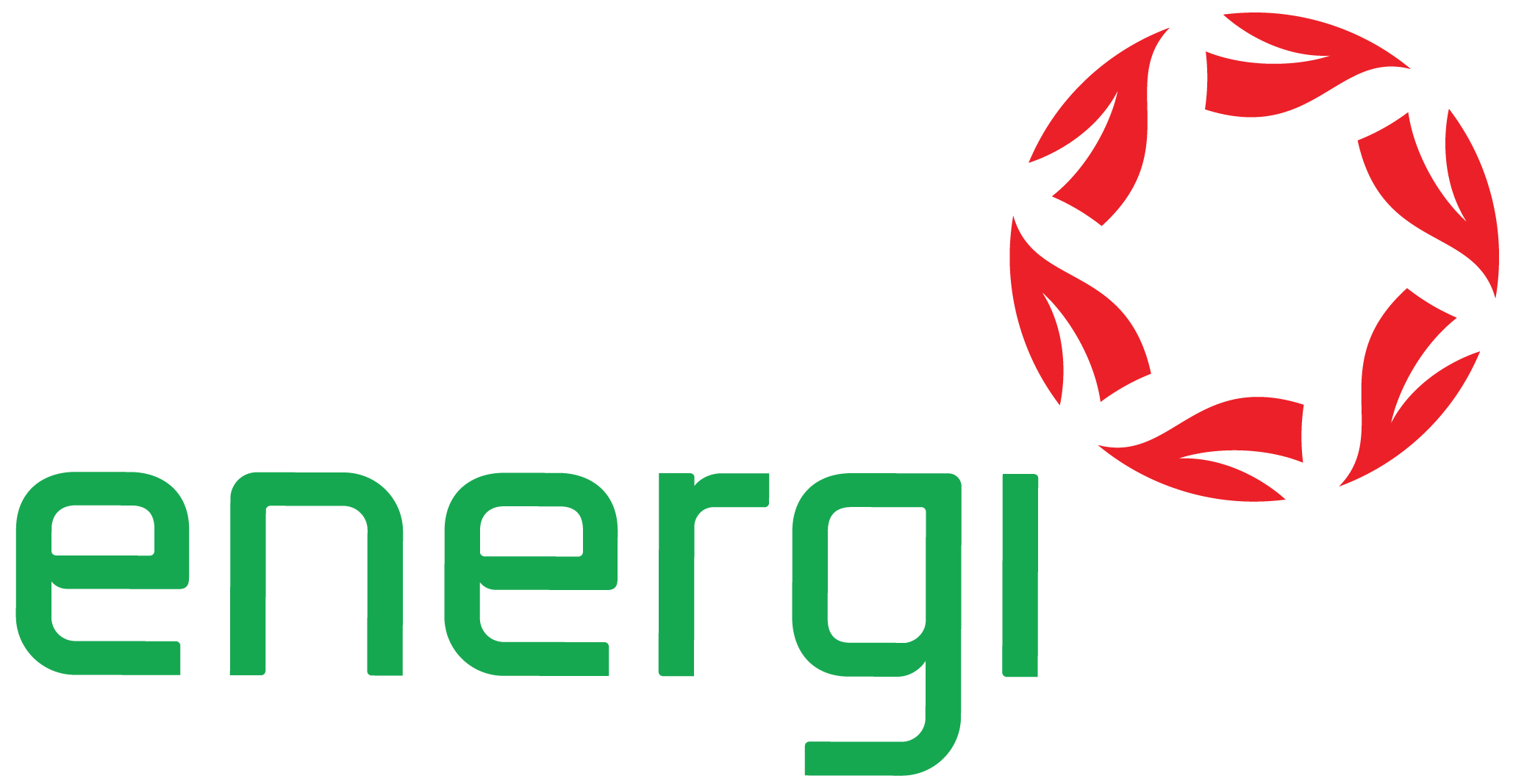Responsibility
Our Approach
The Health, Safety, Environmental, Community & Human Rights (HSEC) committee oversees sustainability at Energi at the highest level. By identifying, assessing, and managing HSEC risks and opportunities, we can provide a standardised approach to risk management.
To ensure the strategic alignment of our business operations, our sustainability framework collects and reports sustainability risks, opportunities and performance. In order to integrate sustainability throughout our business, we have clearly defined imperatives, objectives, priority areas, and targets. Our licensing program enables us to comply with legislative standards, reduce catastrophic risks associated with our business, and sustain our social license to operate. Our approach is based on four pillars: health, safety, the environment, and community and human rights.
Environment & Social Governance
In order to safeguard our morals and beliefs, Energi strives to be committed to finding a balance in integrating its environmental, economic and social factors into everyday operations of the business by focusing on the pillars of our sustainability strategy;
● Carbon neutrality
● Focusing on labor policies
● Supply chain sustainability
● Charity & volunteering in communities
● Corporate policies that benefit the environment
Sustainability is a core value at Energi as it ensures the long-term success and health of our family members, stakeholders, and the environment we all work in. It involves a commitment to safety and environmental practices, as well as an innovative approach to the use of technology and information. In short Sustainability is part of Energi’s family DNA.
HSSE Bulletin board
The Health and safety of our family is one of Energi’s top priorities, we see it as our responsibility to proactively advance the establishment of our Health, Safety and environment system, community wellbeing and policies, improving our safety performance and facilities to create a work environment which is safe.
The Health, Safety, Environment & Community (HSEC) management system has been built by creating a comprehensive documentation, which includes HSEC policy, manual, procedures and instructions to ensure compliance with international standards and operate in accordance with local regulations.


Training & Awareness
As part of our Ethics and Compliance programme, training and knowledge about our compliance policies and procedures are crucial to achieve our goal zero- harm. As part of their daily work, our policies and procedures ensure our employees and contractors understand the behaviour expected of them and provide guidance on identifying and resolving ethical and compliance dilemmas. We educate and train employees and third parties, we encourage reporting of all complaints, unsafe acts & conditions, near misses and accidents. We learn from our mistakes by sharing lessons learned and lessons to be learnt from incidents throughout the organization to prevent incidents and its recurrence in the future.
We use a combination of lagging (reactive) and leading (proactive) indicators to measure our safety performance, to evaluate the trends and set up a plan for continuous improvement with a focus on safety excellence.
We provide new employees with compliance training and ongoing compliance training over the course of their tenure. Inductions, pre-shift training and toolbox talks provide training for employees and contractors without regular access to computers. As part of Compliance's training program, Compliance conducts face-to-face sessions to raise awareness about compliance risks related to their roles and functions, as well as to teach them expected behaviour.
As part of our training materials, we include hypothetical scenarios that illustrate how ethical and compliance dilemmas might manifest themselves in daily work activities. Our compliance personnel also undergo training and development to ensure they are informed about key compliance risks and important developments.
Compliance
Compliance is integrated into our everyday lives of doing business and collaborates with the business, risk and audit functions across the company. Our business is complex and operates in different geographical locations and jurisdictions.
Our comprehensive compliance polices are well defined and state the standards expected of our team members to carry out our day to day business activities.

Alef Foundation
“Children are the future of this world”THE ALEF FOUNDATION was set up in 2019 to try and ensure food and clean water for the vulnerable in communities across Pakistan & Africa. We also help to make a difference to the lives of children and families living in poverty by providing them with the basic education.
Research from Save the Children’s 2020 Global Childhood Report shows that Sub-Sahara Africa is still home to the 10 worst countries for children.
Across the continent, 152 million children – or 1 in 4 – are living in a conflict zone. Nearly 59 million children in Africa suffer from stunting due to malnutrition. Girls in West and Central Africa face the highest risk of child marriage – about 4 in 10 are married before age 18.
In West Africa, the deadliest Ebola outbreak in history left tens of thousands of children without parents, while more than one million children in Liberia alone were affected by the closure of schools. Now, with the risk of COVID-19 ever-present, children and families in Africa without access to basic sanitation and health care are more at risk than ever. All this, as prolonged and frequent droughts across the world are leaving children and their families struggling to survive.
ALEF is responding to the immense needs of vulnerable children and families across the world by helping to improve access to healthcare and education. We are also working tirelessly to keep children protected from the harms of conflict, including hunger, child trafficking, forced early marriage and child labour.
Prophet Muhammad (S.A.W)

